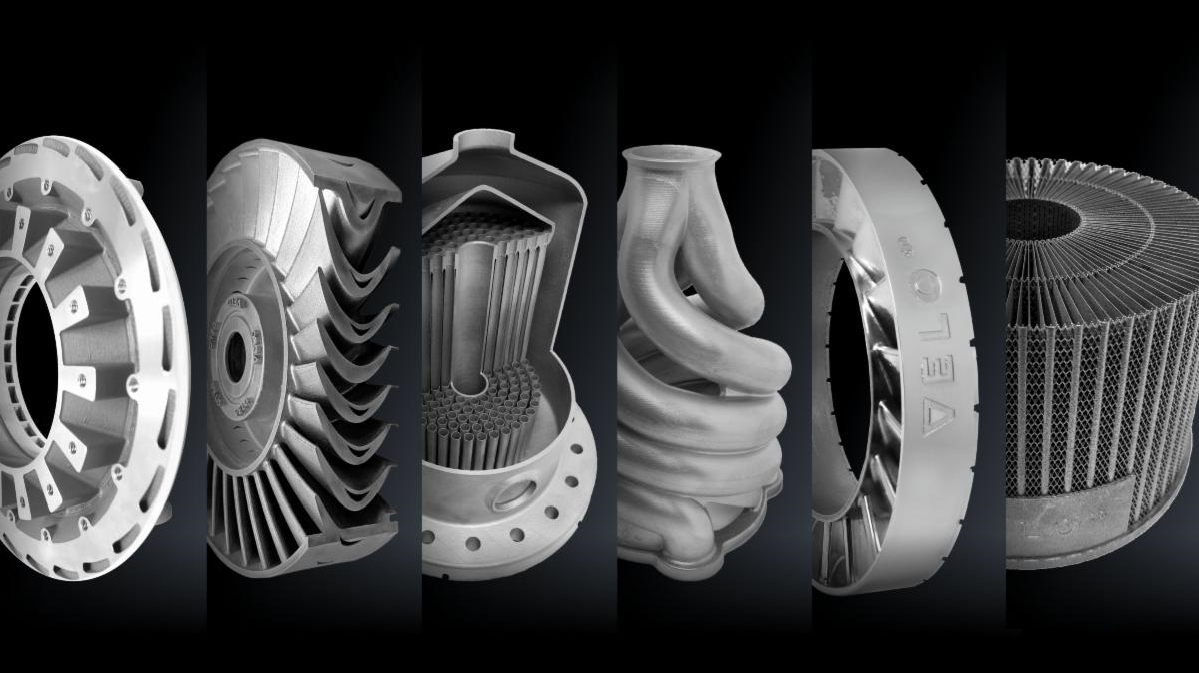Manufacturing
Why Invest In Manufacturing
There are four “Free industrial Zones” in Georgia, exempt from taxes.
In addition to all low taxes, you might be surprised to hear that there are four Free Industrial Zones (FIZs) in Georgia where businesses are exempt from all taxes but Personal Income Tax (20%). These four zones are located in these cities:
Poti (seaport)
Kutaisi (3rd largest city)
Tbilisi (the capital city)
All of these Free Industrial Zones (FIZs) are run by private companies. As an investor, you need to rent a space from the FIZ’s operator.
Free Trade
Georgia signed the Association Agreement with EU in 2014 which includes the Deep and Comprehensive Free Trade Area (DCFTA) with the European Union (EU).
Although Georgia is a relatively small market to fully utilize economy of scale from a global market standpoint, producing in Georgia means not only having access to local market but also to 2.3 billion consumer markets without customs tariffs and duties.
Young, skilled and competitively priced Labour Force
Georgia offers a young, skilled, and competitively priced labor force together with a flexible labor Code and absence of the Social Tax. The average monthly salary in the manufacturing sector in 2019 was 427 USD including white and blue-collar workers.
According to the Heritage Foundation, Georgia has one of the most flexible labor codes anYoung, Labour Force
dranks 22th globally on the Labor Freedom Index.
Low utility costs
Utility costs are quite favorable, the standard cost for 1 kWh is approximately 7 USD cents for 35-110 kV high voltage electricity (including VAT). Furthermore, up to 80% of power is generated via hydropower plants, leading to clean and cheaper energy costs
Investment Opportunities

automotive and Aerospace part and component

Electronic

Pharmaceutical

